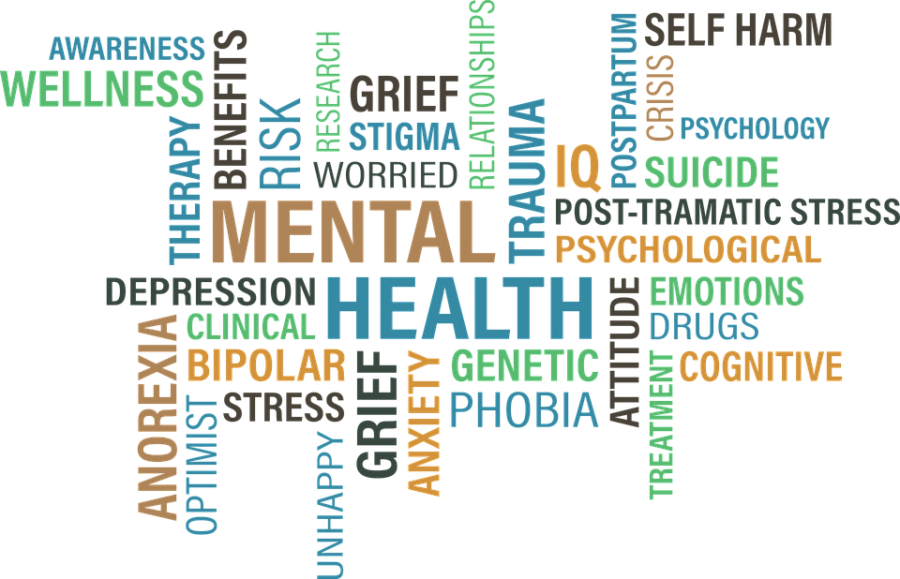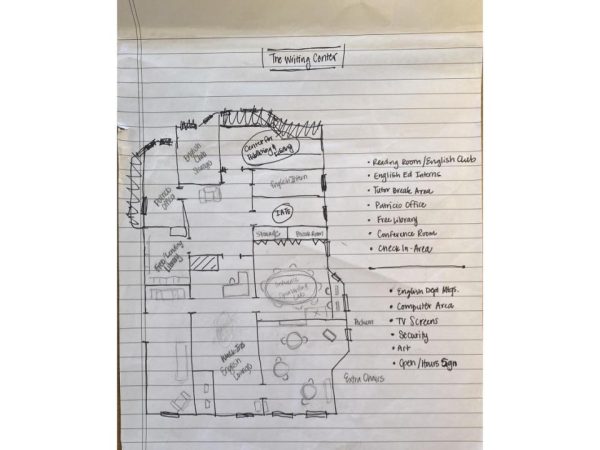Mental Health Issues on the Rise in College Students
Being a young adult in college can be a wonderful experience. College is a time to grow, learn new things, and discover yourself. It is an exciting time to learn how to live on your own and make your own decisions as an adult.
However, it can also be a time of overwhelming stress and anxiety. A survey done by the American College Health Association (ACHA) showed that “three out of five students experienced overwhelming anxiety, and two out of five students were too depressed to function.”
Many students struggle with mental health issues such as depression and anxiety, but only 10-15% actually seek treatment. This is not surprising considering the high levels of stress that are put on college students to achieve perfect grades so they can succeed after they graduate.
Not only are stress levels high due to academic purposes, but the added stressors of accumulating debt, finding the right career paths, and even finding a partner could add more weight on your already heavy shoulders.
Coping with negative thoughts daily can become debilitating, and this can affect your mental and physical health. In college, stress among students can be one of the leading causes of suicidal ideation. According to an article from the Archives of Psychiatric Nursing, suicide is the second-leading cause of death among college-aged students due to increased levels of stress.
Mental health issues such as anxiety, depression, suicidal thoughts, substance abuse, eating disorders, sleeping issues, and bipolar disorder are becoming an emerging epidemic among today’s college students.
Raising awareness of mental health issues on college campuses can help to reduce the number of students who don’t seek help. A great way to raise awareness about mental health disorders is simply just by talking about it. It helps to know that you are not alone and that other students face the same stresses that you face.
Mental health issues are not something to be ashamed of or ignored.
Realizing that you might be suffering from a mental illness is the first step to getting help. The Nation Alliance on Mental Illness has some actions you can take on your own to strengthen your mental health:
Maintain and build support systems. Keeping close connections with friends and family provides much-needed stability at home and in school. Colleges can offer new opportunities to make friends and create new support systems through clubs and classes.
Monitor symptoms. College can be sporadic, and it can be hard to stay on a regular schedule. This makes it hard to notice changes in your eating and sleeping habits. Keeping a short, daily record of key symptoms, such as mood and anxiety levels, can help you notice if symptoms are getting worse. If your symptoms steadily worsen as you make the transition through college, don’t wait to consult a doctor or therapist.
Maintain healthy habits. Exercising, eating a balanced diet, and getting between 7-9 hours of sleep will give you more energy, help you focus better, and keep you emotionally resilient. Try to plan ahead for the health challenges of dining hall food and late-night study sessions. Meal prepping could be a way to stay on top of healthy eating habits.
Avoid drugs and alcohol. Though the short-term effects may give users a boost, alcohol, marijuana, and other drugs are poor ways to cope with stress. If you have a mental illness, you should avoid or at least limit your use of drugs and alcohol. When you plan for the academic work at college, plan for the social life as well. Think about social activities you enjoy that don’t involve drugs and alcohol, and seek out these activities instead.
Reduce academic stress. Using academic supports, such as study groups, tutors, and the Writing Center, can make classwork easier and give you encouragement from others as well as help you build confidence in your studies. Every week in college is different as far as workloads go. Experiment with time management methods and find the ones that work best for you.
Learn more about mental illness. College is a great opportunity to learn more about the brain by taking classes in psychology. Knowledge increases your sense of power over your illness.
There is no one solution for helping students with mental health issues. College is becoming more and more competitive, and tuition prices are not going down. College will be stressful and challenging for the vast majority of students. However, it is also a beautiful time in life that can leave you with fond memories.
If you think you might be struggling with a mental health issue, you can contact Millikin Counseling Services at 217-424-6360 to set an appointment (Monday – Friday, 9 am – 4 pm). Services are in the Millikin-DMH Health Clinic and located at 150 South Fairview Avenue. Millikin also offers a Crisis Line for after hours (217-464-8888).











